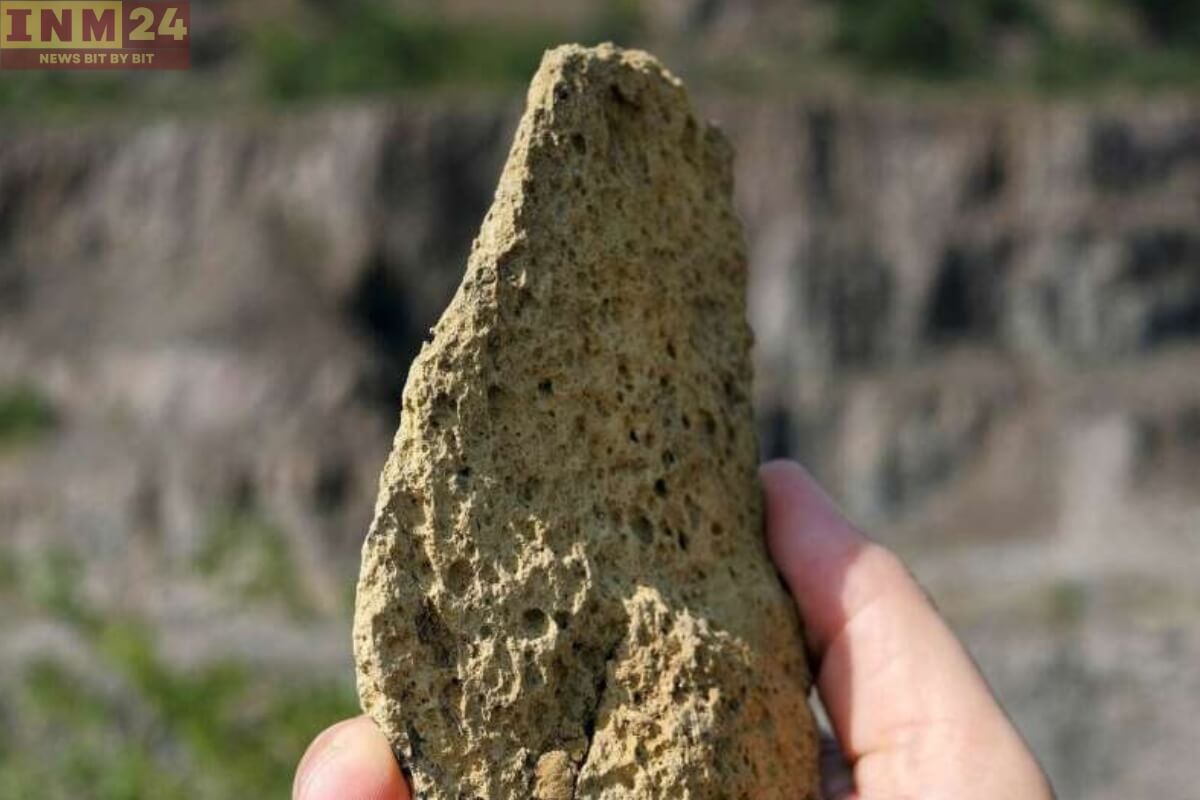In a groundbreaking discovery that reshapes our understanding of human history, archaeologists have unearthed stone tools in Europe dating back a staggering 1.4 million years. This remarkable finding sheds new light on the timeline of human migration and settlement on the continent, pushing back the known presence of humans in Europe by hundreds of thousands of years.
Insight into Early Human Life: Stone Tools Unearthed in Greece
The discovery of these ancient stone tools offers a glimpse into the lives of early human ancestors who roamed Europe during the Pleistocene epoch. Found at a site believed to have been an ancient lakeshore in present-day Greece, the tools provide tangible evidence of human occupation in Europe long before previously thought.
Archaeologists studying the site have identified a variety of stone tools, including handaxes and other implements crafted by early humans for cutting, scraping, and other essential tasks. These artifacts offer valuable insights into the technological capabilities and adaptive strategies of our ancient ancestors as they navigated and thrived in diverse environments.
The significance of this discovery extends beyond mere antiquity. It challenges existing theories about human migration patterns and the timing of our ancestors’ dispersal out of Africa. Until now, the prevailing hypothesis suggested that early humans entered Europe around 1 million years ago. However, the discovery of these 1.4 million-year-old stone tools suggests a much earlier presence, raising questions about how and when our ancestors first ventured into this region.
Moreover, the find underscores the importance of Greece as a crossroads for early human migration and dispersal. Situated at the crossroads of Europe, Asia, and Africa, Greece likely served as a gateway for ancient humans moving between continents. The discovery of these ancient stone tools reinforces Greece’s status as a key focal point in the study of human evolution and prehistory.
Beyond Archaeology: Exploring the Impact on Human Origins and Heritage
The implications of this discovery extend beyond the field of archaeology, resonating with broader questions about human origins and our shared heritage. By piecing together the puzzle of our past, researchers strive to unravel the complexities of human evolution and migration, painting a more complete picture of our species’ journey across time and space.
As archaeologists continue to explore and excavate sites across Europe, the discovery of these 1.4 million-year-old stone tools serves as a poignant reminder of the enduring quest to unlock the mysteries of our ancient past. Each artifact unearthed provides a window into the lives and experiences of our early human ancestors, enriching our understanding of who we are and where we come from.
